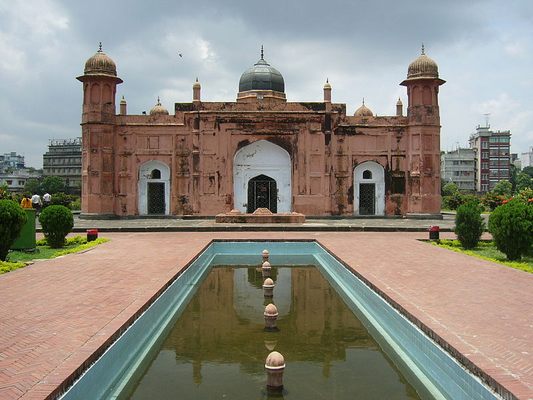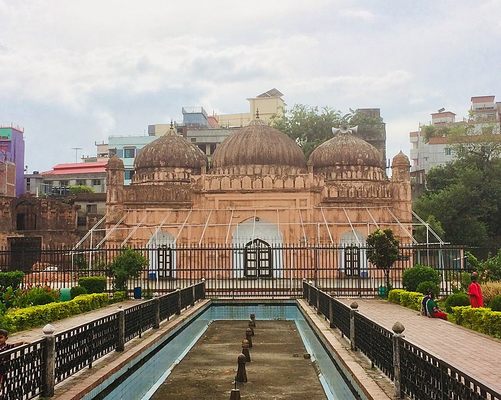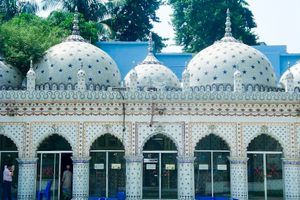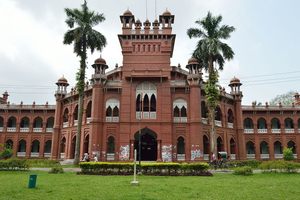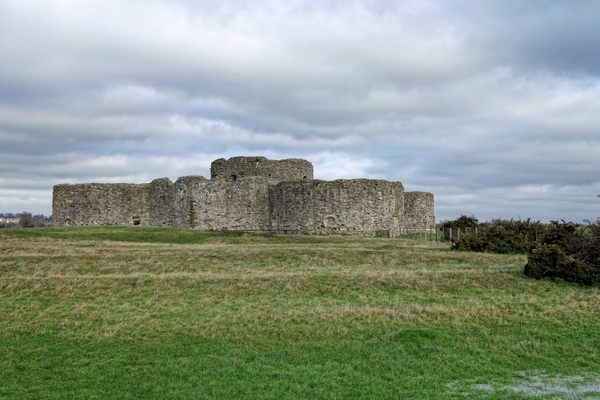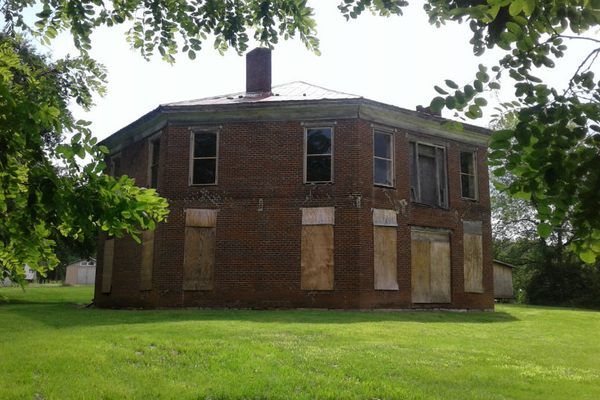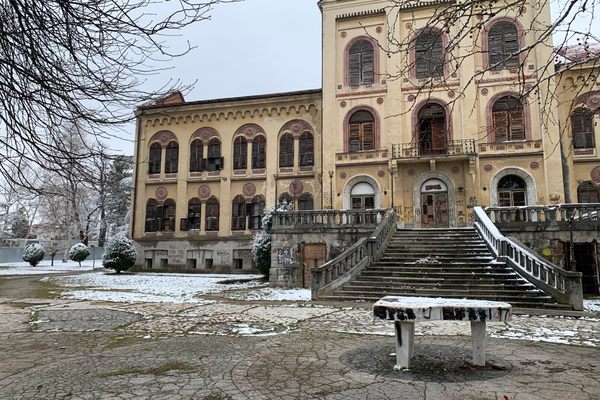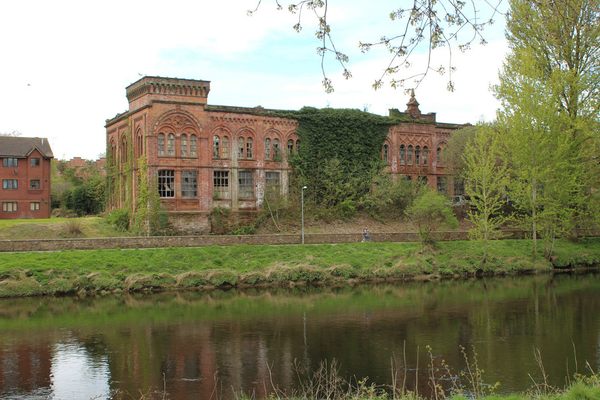About
During the height of the Mughal Empire, in 1677, Prince Muhammad Azam commissioned the construction of Lalbagh Fort, but the project was never completed. Soon after construction began, Prince Muhammad Azam left Dhaka to join his father, Emperor Aurangzeb, in Delhi.
He passed the job to complete the fort down to Shaista Khan, who continued to build it until his beloved daughter Pari Bibi died there in 1684. Shaista Khan, believing the fort was cursed, halted construction immediately, and it remains in its unfinished state today. The discontinuation of the project met with no objection from Prince Muhammad Azam who was, at the time, engaged to Pari Bibi.
Three main sections of the fort are complete, namely the Mausoleum of Pari Bibi, Diwan-i-Aam (the Hall of Audience), and Quilla Mosque. The Mausoleum of Pari Bibi consists of a white marble room with the tomb in the center. Access to the room is restricted.
The Hall of Audience, which used to be the residence of the Mughal governor, is a two-story building that now houses a museum showcasing Mughal items such as coins, paintings, carpets, and weapons. Quilla Mosque is a relatively small mosque with three elegant domes. These three structures are surrounded by manicured gardens, which also contain a bathing tank overgrown with vegetation.
An intricate web of underground tunnels was also finished below Lalbagh Fort. In an episode of the Sepoy Revolution, in 1857, it is said that soldiers on both sides ventured into the tunnels and never resurfaced, adding to the mystery and intrigue that envelops the fort. To this day, rumors circulate that Lalbagh Fort is haunted.
Related Tags
Know Before You Go
Roads around Old Dhaka can be confusing. Narrow alleys and newly built multi-lane roads are equally congested, making navigation challenging. As there is no shortage of rickshaws in the area, this is the best way to reach Lalbagh Fort.
Community Contributors
Added By
Published
May 30, 2019
